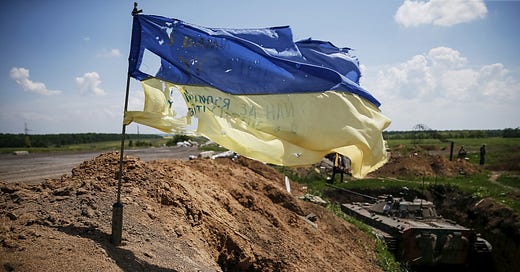By: Asia Sentinel Correspondents
Asia’s two most important countries – China and India – both face deeply troubling choices over Vladimir Putin’s invasion of Ukraine. China’s stated policy of the sanctity of borders is in direct conflict with what Putin’s military is doing on the road to Kyiv. China became Ukraine's biggest trading partner in 2019, with …
Keep reading with a 7-day free trial
Subscribe to Asia Sentinel to keep reading this post and get 7 days of free access to the full post archives.



